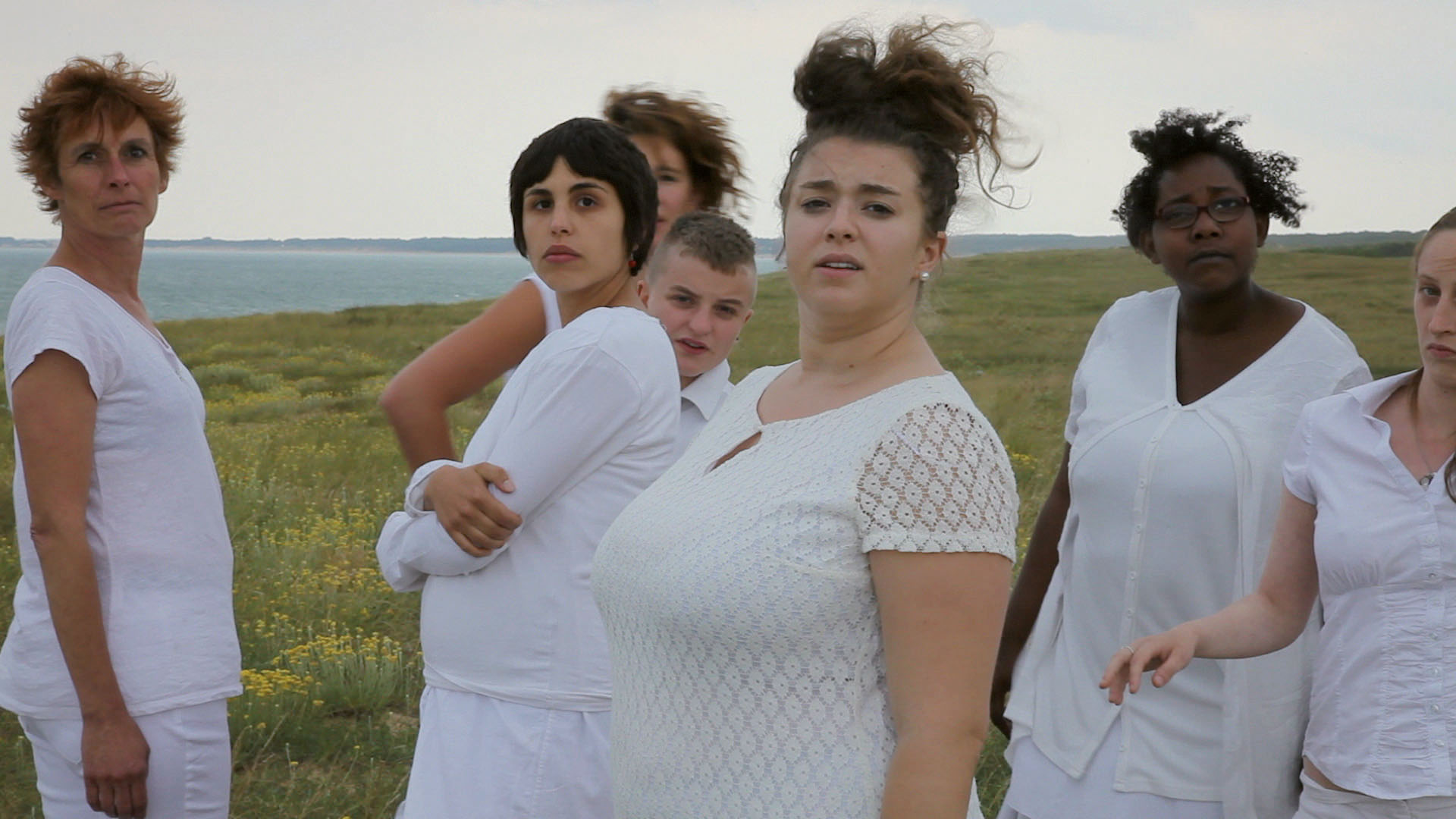
In Western political theories of democracy, having agency in the political realm is intimately linked to the capacity and right to speak. Aristotle defined a political subject as one who possesses phone semantike — a signifying voice. Other philosophers, such as Hannah Arendt and Richard McKay Rorty, have described speech and discussion as the ideal basis for addressing pluralist interests in increasingly diverse societies. They have largely assumed that a dialogical exchange results in a better outcome for the common good. Speech continues to be an essential characteristic of democracy in political theories that champion the citizen’s right to have a say in decision-making processes, uphold free speech as a democratic principle, and claim that representative government reflects the voices of the people in more ways than a simple vote. But there has been a persistent privileging of speaking over listening in the work of political theorists, and of democratic theorists in particular.1 1 - Andrew Dobson, Listening for Democracy: Recognition, Representation, Reconciliation (Oxford: Oxford University Press, 2014), 7. In Western cultures, this reflects a wider dichotomy between speaking and listening, in which speaking is the term marked with agency. The one who speaks assumes an active, knowing position or relates the correct “story” that is to serve as the basis for belief and action. Those who listen are perceived as passive receptacles. And yet, these two terms are held in a dialectical relationship. Therefore, speaking is dependent on acts of listening, and listening becomes an act intimately connected to power.
